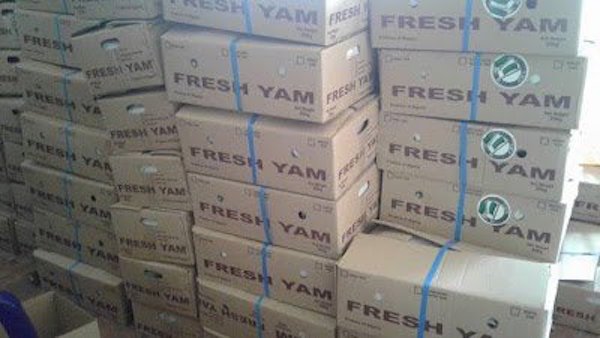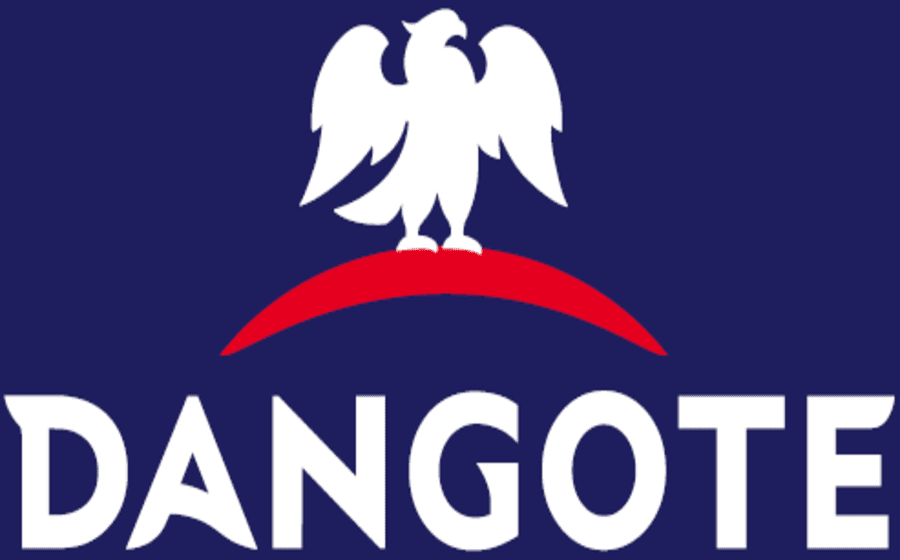Strong indications have emerged revealing that upon all efforts made by the Federal Government and Nigerian Yam Farmers throughout 2018 to rise in exports and feature among the list of major traded agricultural products for 2018, failed.
Otherwise, exports in yam did not meet standard to be counted as major trade product.
Analysts who reviewed the problem in Lagos linked the failure to poor infrastructure on processing yam for export and weak containerization ahead of loading in ships.
One of the leading yam process expert, who spoke at the event, blamed poor education on the side of the government in not educating local farmers on the differences between preserving yams for local sales and packaging yams for export. He revealed that majority of yam farmers made the mistake of preserving export bound yam the same way those meant for local consumption are kept.
Business Hilights recalls that earlier last year, attempt to export 72 tonnes of yams from Nigeria to Europe and the United States of America in June 2017 failed as the produce arrived their destination in a bad shape, leading to their rejection.
In line with government’s move to check the shameful tide of rejections, the Technical Committee chairman on Nigeria’s Yam Export Programme, Prof Simon Irtwange said it had concluded plans to export yams this quarter.
First step to the new deal is the takeover of the Ikorodu terminal to facilitate the yam exports as it has already been officially designated as a base for the exportation of yam and other agricultural produce.
Irtwange said “This means that all vehicles and trucks carrying yams for export will head towards the Ikorodu terminal, instead of the Apapa Ports.
“At least, it will go a long way in helping the vehicles to avoid the Apapa gridlocks, save the time the produce gets to the ships and reduce the number of wastages through spoilage.
“With reduced time and spoilage, farmers will be encouraged to bring in more produce for export.”
However, a director at the Lagos Chamber of Commerce and Industry (LCCI), Dr Vincent Nwani, dismissed the new government’s ambition, saying economy was not ready to export yam or any agricultural produce as there is no infrastructure to drive it from the farms to the ports of export.
Nwani argued that “I am not sure Nigeria is ready for yam or agricultural exports. We need to go back to the drawing board.
“Yam is perishable. We don’t have the right storage facility in our ports to keep the produce while waiting for the ship to load. And it takes three months or so for the yams to get to Europe.
“The soil that we plant the yam in Nigeria, is it treated, for the yam to be accepted where it is going?
While noting that the specie of the yam, the quality control and logistics around the nation seaports were also issues to be put into consideration, Nwani observed that “Another thing is export processing. Nigeria does not have an export processing structure. That is why it takes 33 signatures and 23 agencies to get exports out. It is easier to import than export.
“We need to start asking the countries we want to export to what type of yam they need, what type of soil they want us to plant the yam and how they want us to harvest and store them.
“Until these questions are answered affirmatively, anybody talking about yam export may likely get hurt.”
On weather korodu port would present some advantages, Nwani argued that “Ikorodu port is not a deep seaport. It cannot take vessels. It is just a transit port. Even if you are pushing the export through Ikorodu port, you still have to get to Apapa before you can export, and if you don’t solve the problem of Apapa, Ikorodu port cannot function”.









